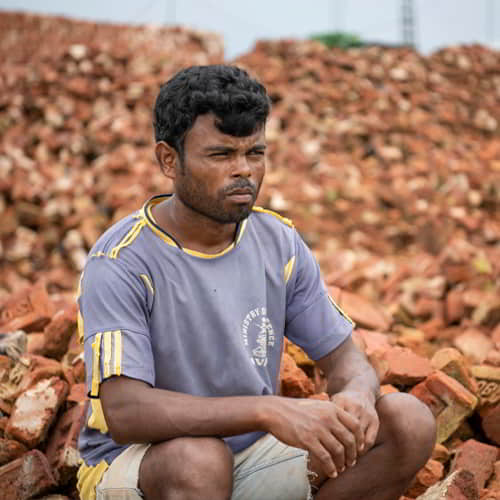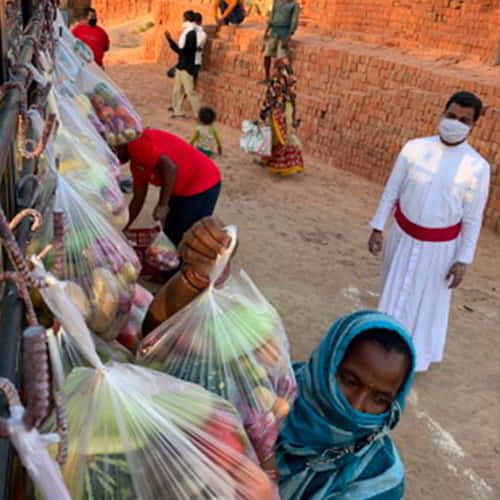Examining the Impact of COVID-19 on Migration
The profound impact of the COVID-19 pandemic on the battle against extreme poverty brings the 2020 International Day for the Eradication of Poverty into sharp focus, commemorating the 27th anniversary of the UN General Assembly’s declaration. The UN calls poverty a “multidimensional phenomenon” that stems from a lack of income and other deprivations, such as dangerous working conditions, unsafe housing, a lack of nutritious food, and limited access to health care.[1] All are worsened by the pandemic.
“The end of the Cold War, the 9/11 terrorist attacks and the Syrian refugee crisis changed the public discourse on migration to focus on international security rather than the economic, cultural, social or humanitarian context,” wrote Abhinav Chugh in a report for the World Economic Forum last May. “Now, the COVID-19 pandemic and the fear of ‘the other’ shifts migration rhetoric further, by expanding the focus to include the risk to individual health security, as well.
“Migrant key workers continue to perform crucial tasks on the front lines of the global pandemic response. But the shutting down of economies, closure of borders and fear of the invisible enemy is leading to the hardening of migration policies around the world—and the rise of a new ‘health securitization’ migration rhetoric.”[2]
The seriousness of the situation illustrates the need for a “both and” approach, like that taken by Gospel for Asia (GFA World). An example of emergency assistance GFA World offers are feeding programs initiated last April in India after the virus pushed many families to the brink of starvation.
Members of GFA World-affiliated Believers Eastern Church and Sisters of Compassion workers distributed emergency supplies, such as bags of vegetables, rice, and spices, in urban centers and villages. In one village, volunteers turned a school bus into a mobile “free store” where residents—mostly day laborers at a brick factory—could take a bag of food hanging from its side. Elsewhere, teams helped those living in the open and forced to beg for survival.
“Due to the lockdown, my survival became so hard,” said Venkatamma, a 37-year-old widow. “Like me, there are many in our village who are starving. From the bottom of our hearts, we thank Believers Eastern Church for providing the food supplies.”
Click here, to read more about this article.
Click here, to read more blogs in Gospel for Asia.Net


Comments
Post a Comment